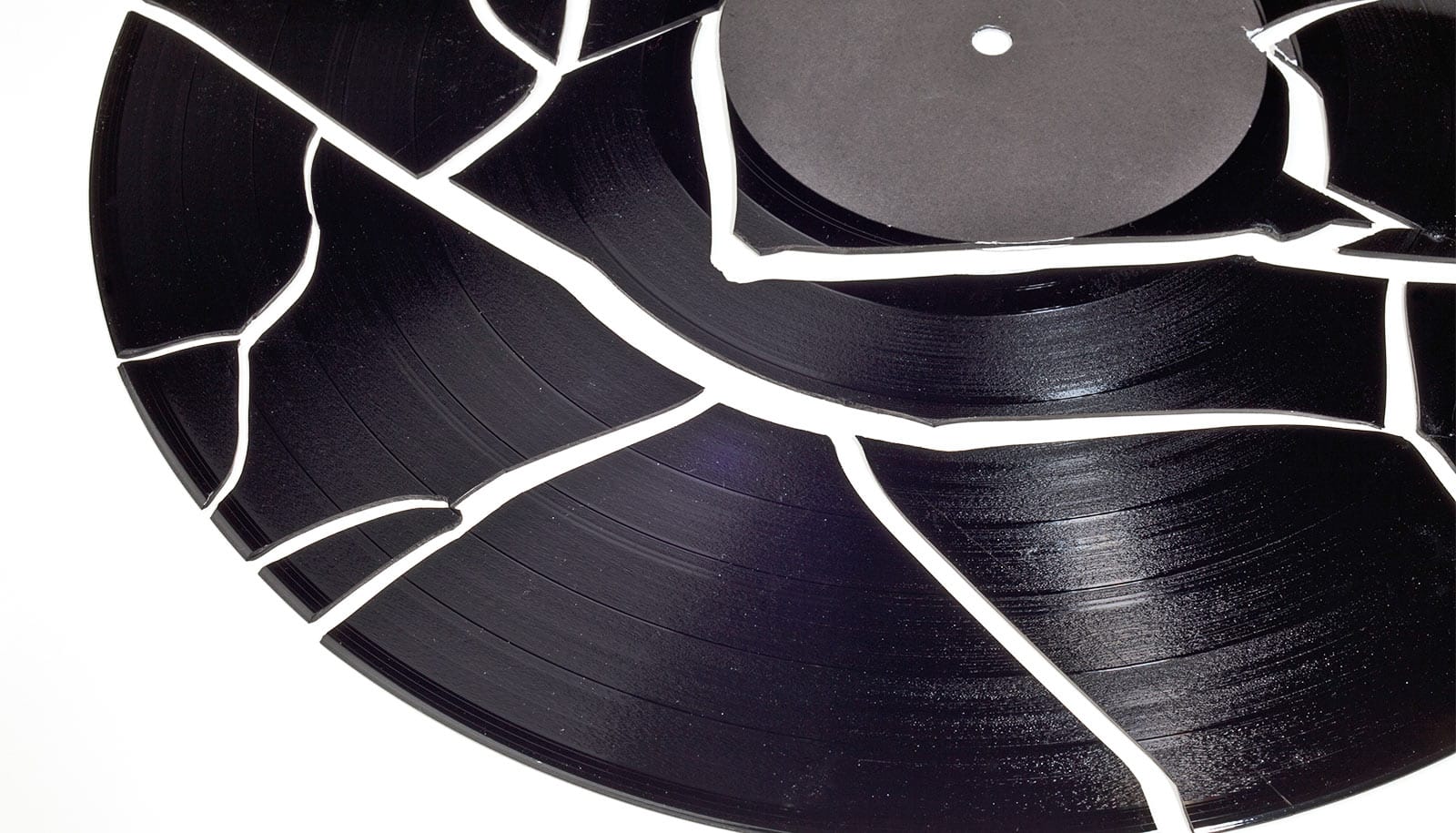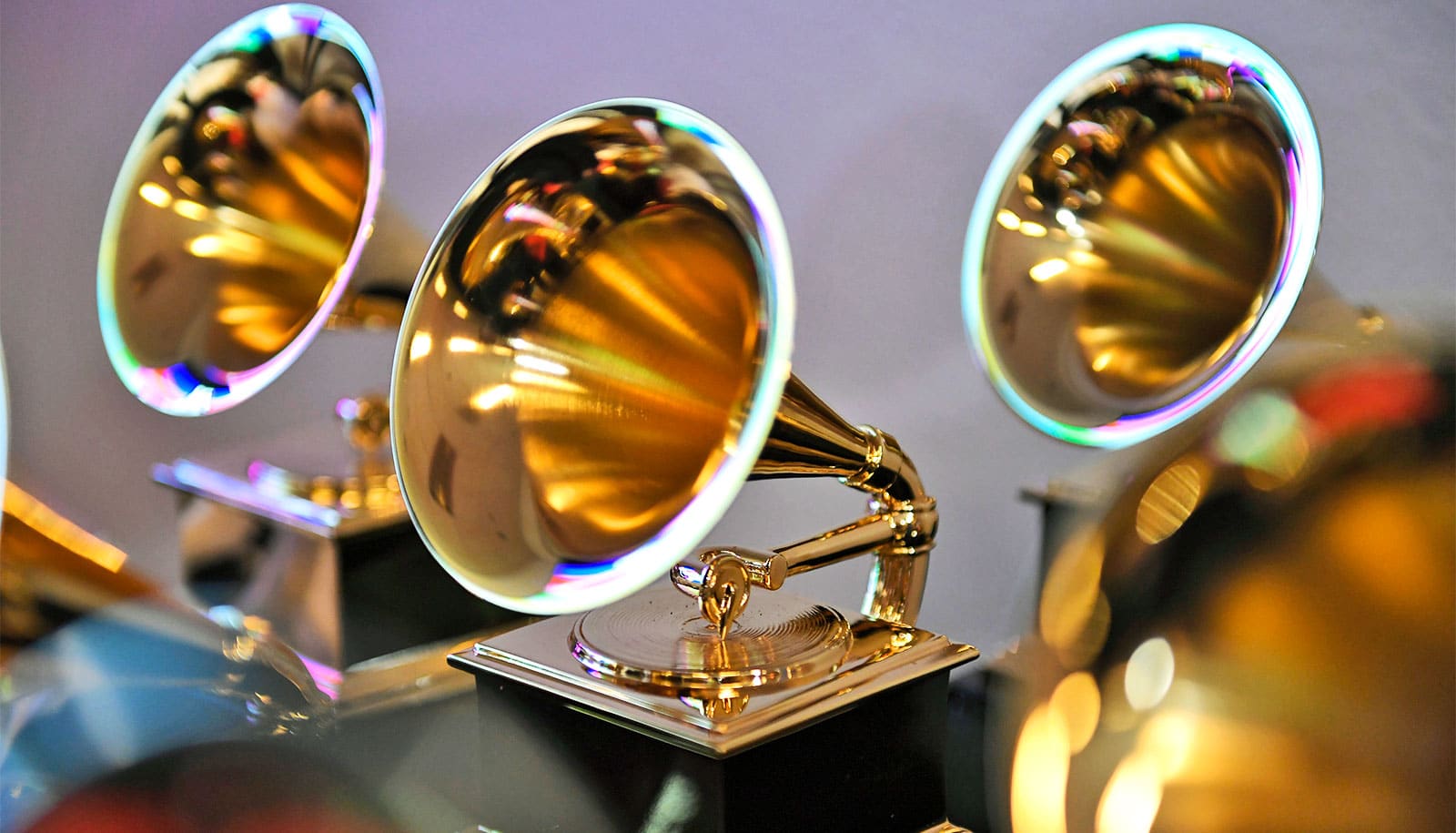The idea of the “sophomore slump” is a figment of music critics, new research finds.
After a debut hit, many bands often find their follow-up album panned: further evidence of the curse of the “sophomore slump,” critics say.
But it might just be critics saying that. That’s according to a new study that discovered that the sophomore slump effect—where a band’s second album is exceptionally bad compared to their first and third records—only crops up among professional critics, not fans.
“If every music critic has heard of a sophomore slump and everyone knows it happens, they might be convinced to over-apply it in their reviews,” says Gregory Webster, a professor of psychology at the University of Florida. “We suspect it’s a kind of social conformity, which we see in a lot of social groups.”
Webster and his coauthor, University of Hannover professor of educational science Lysann Zander, analyzed thousands of albums rated by professional critics and amateur fans. Both critics and fans says that bands’ albums generally got worse over time.
But critics were exceptionally harsh with the second album, which was an outlier in this downward trajectory.
“It’s only critics that show substantial evidence of a sophomore slump bias, whereby they are giving artists’ second albums unusually low reviews compared to their first and third albums,” Webster says. “Fans show no evidence of a sophomore slump bias.”
Webster and Zander expected that fan ratings would reflect a broader consensus about a band’s true performance. Fans aren’t pressured by the same social norms as professional critics. And with ratings from thousands of fans, the researchers could average across a large group to find more reliable ratings.
The study’s origins go back to Webster’s high school days, when his friends sarcastically titled their second album Sophomore Slump, and introduced Webster to the supposed curse of mediocrity. Webster and Zander—herself a semi-professional musician in addition to an academic—had to wait until the internet’s crowdsourced reviews provided a comparison against professional critics.
That doesn’t mean it was easy. Webster manually entered online review data on more than 4,000 albums. So he popped on his high-school favorite, Pink Floyd’s Dark Side of the Moon, and got to work.
The new study appears in Psychology of Music.
Source: University of Florida



